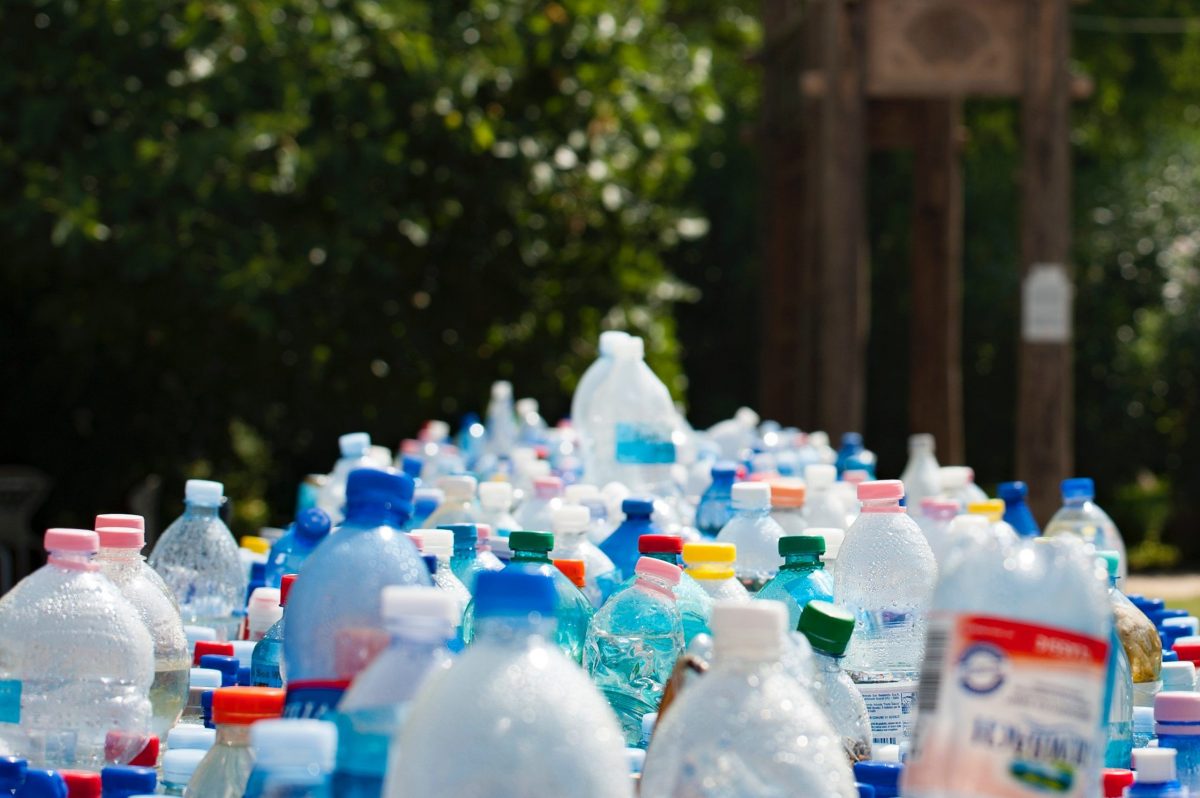
Why the new Scottish Parliament must kick-start our transition to a circular economy
As we begin to recover from the devastating impact of coronavirus, we must look forward to how we can make Scotland more resilient to future global crises. Creating more local sustainable jobs and developing opportunities for businesses working on a circular economy would help to reduce our reliance on global supply chains, and reduce our contribution to the climate crisis.
Last year, Scotland’s Circular Economy Bill was postponed indefinitely due to the COVID-19 pandemic, but a year on and it’s now time for the new Scottish Parliament to reintroduce it as soon as possible within the next parliamentary term.
What is a circular economy?
In Scotland and around the world, we live under a linear economy model. We extract resources, make them into products, use them often just once, and then throw them away into landfill or to burn in incinerators. This model creates unnecessary additional emissions from the constant manufacturing of new products. It also leads to an increase in litter on our streets and beaches, and has potentially huge consequences for public health.
Under a circular economy model, products would be designed to last as long as possible, would be easy to repair and would be made out of materials that could be repeatedly recycled. It would mean it would be more cost effective and convenient to repair a product rather than just replace it with a new one as it often is now. Fewer materials would be extracted in the first place and less waste would be disposed of.
The Scottish Government wants Scotland to transition to a circular economy by 2045, but the reality is that if we want to achieve that then we need to start moving towards it now. We need a Circular Economy Bill with ambitious targets that will reduce the impact of creating everything we consume, replicating the model used in the Climate Change Act.
Reducing emissions
These targets are needed because Scotland’s 2045 net-zero target currently only requires us to reduce emissions produced directly in Scotland. 51.1% of Scotland’s carbon footprint is made up of greenhouse gas emissions from the goods and services we import from abroad. And right now, there is no obligation on the Scottish Government to reduce emissions in those imported goods.
To make sure our consumption is taken into account, Friends of the Earth Scotland is calling for targets to reduce our carbon footprint to net zero by 2050 including imported emissions and our material footprint by 50% from 2020 to 2030 for minerals, metals and fossil fuel feedstocks.
The Circular Economy Bill must also include a commitment to set a biomass reduction target when data is available. This will ensure increased demands for biomass like timber, used as a substitute for concrete and steel, does not result in habitat destruction and biodiversity loss.
Creating jobs
As well as reducing emissions and transforming how we consume and manage resources, moving to a circular economy will create green jobs and can boost local economies. Research has shown that for 100,000 tonnes of waste can create 296 jobs in circular economy jobs like repair and reuse or 36 jobs in recycling. Compare this to just six jobs in landfill and one in incineration which are created under our current linear economy model.
If Scotland is to be a leader in the circular economy then the new Scottish Parliament must take a robust approach to transitioning away from the use and manufacture of single-use items like plastics to reusables products instead. This will help us to get on track to reduce our emissions and create new economic opportunities that drive our move to the circular economy we need as we rebuild from the coronavirus pandemic.
